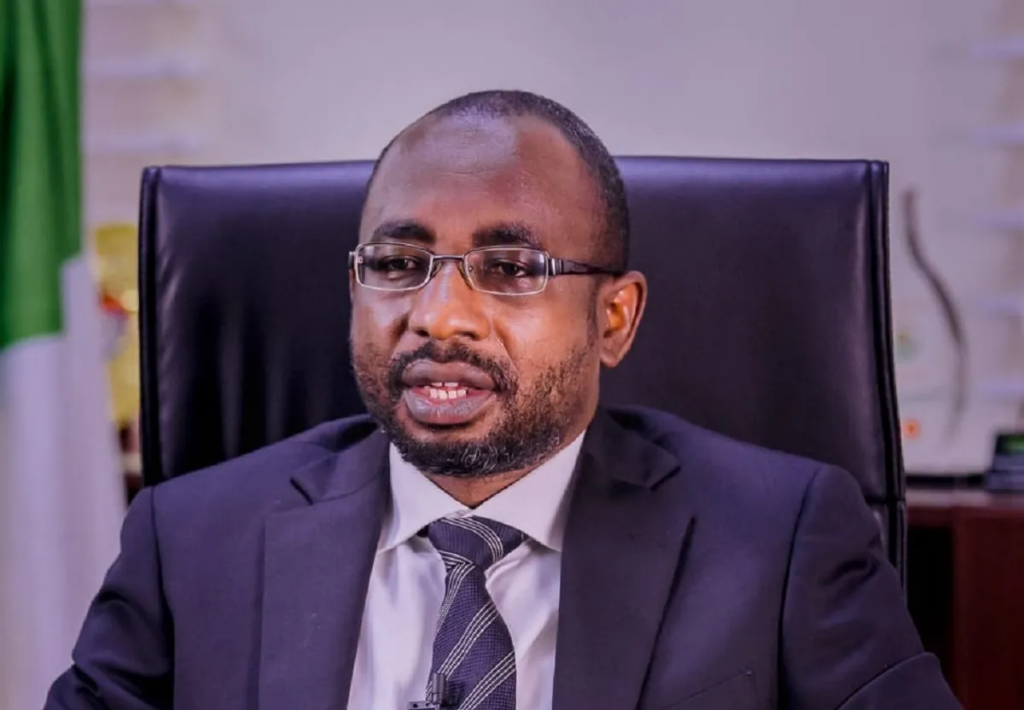The Director-General of the National Information Technology Development Agency (NITDA), Kashifu Inuwa, has reaffirmed the vital role Artificial Intelligence (AI) will play in tackling Africa’s most pressing socio-economic challenges.
Mr Inuwa made this known during the maiden edition Technovate Fest 2024, themed AI for Africa: Addressing continental challenges, driving sustainable innovations. The event, hosted by Techpression Media at The Zone in Gbagada, Lagos, brought together government functionaries, industry experts, academics, tech enthusiasts, professionals, and disability rights stakeholders to discuss Africa’s future in tech innovation.
Represented by Jumoke Alaka, Manager of NITDA’s South-West Zonal Office, Mr Inuwa highlighted the transformative power of AI in sectors like healthcare, agriculture, and education.
“AI is redefining industries at an unprecedented pace. In healthcare, agriculture, and beyond, the technology has immense potential to solve problems that have long plagued our continent,” Mr Inuwa said at Technovate Fest 2024. “For Nigeria and Africa, the challenge is not just to adopt AI but to strategically integrate it into our systems, turning constraints into opportunities.”
Read also: NITDA DG calls for Africa’s active participation in AI governance
How AI is transforming healthcare and agriculture
Speaking at the event, Mr Inuwa enumerated real-life instances of AI’s impact across the continent. In healthcare, he mentioned how AI is being deployed to monitor maternal health risks and predict disease outbreaks, directly improving patient outcomes and saving lives.
“AI-driven diagnostic tools and predictive analytics are addressing disparities in healthcare access, helping underserved regions receive critical services,” Mr Inuwa explained.
AI’potential of AI extends far beyond healthcare. In agriculture, AI-powered solutions are helping farmers optimise planting cycles, water usage, and crop yields, contributing to food security and economic growth. Inuwa described these innovations as part of a larger vision for AI’s role in building sustainable, tech-driven economies in Africa. “Precision farming, backed by AI-driven models, is transforming agricultural productivity and providing data-driven solutions to long-standing challenges,” Mr Inuwa highlighted.
NITDA’s Commitment to AI Innovation
NITDA, under Mr Inuwa’s leadership, is spearheading efforts to position Nigeria as a leader in AI adoption and innovation. The agency has established the National Centre for Artificial Intelligence and Robotics (NCAIR), a research hub designed to advance AI development in Nigeria and train the next generation of innovators.
“Our mission is to build a robust AI ecosystem in Nigeria through research, innovation, and capacity building,” Inuwa said. “We are investing in AI literacy across sectors to empower not only the current workforce but also the entrepreneurs who will drive future innovations.”
Read also: Nigeria’s NITDA wins Coursera Global Impact Award for enhancing digital skills
Inuwa also emphasised NITDA’s work in establishing regulatory frameworks to ensure that AI development adheres to ethical standards, including transparency, data privacy, and cybersecurity. “Ethical AI is non-negotiable. We are actively developing policies that ensure AI technologies are fair and accessible to all Nigerians,” he added.
As the Technovate Fest continued with sessions on inclusive AI-driven solutions and African innovation, Mr Inuwa’s message was clear: collaboration is key. He urged public and private sector stakeholders, as well as international partners, to work together to harness AI’s full potential for Africa’s development.
“The future of Africa’s digital economy will be shaped by how well we integrate AI into our industries and societies. With strategic collaboration, we can ensure that AI not only drives economic growth but also creates a more equitable and sustainable future for all.”




